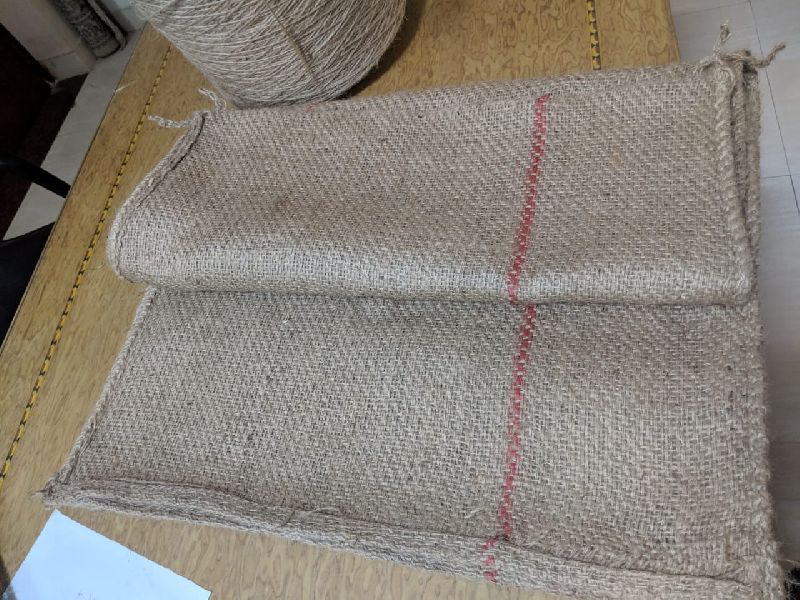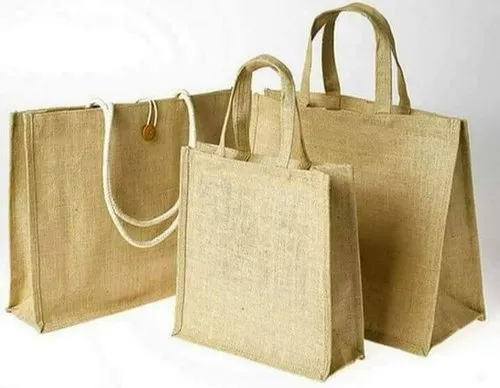Nestled along the eastern banks of the Hooghly river, Kolkata, formerly known as Calcutta, has been the heart of India’s jute industry for over a century. The city, with its rich history and colonial backdrop, stands tall as a testament to the nation’s manufacturing prowess. Of particular significance is the jute bag industry that has its deep-rooted beginnings in this bustling metropolis. In this comprehensive guide, we dive deep into the world of jute bag manufacturers who’ve shaped Kolkata’s textile narrative.

Jute Bag Design Trends Originating from Kolkata
Kolkata, the heartland of India’s jute industry, has been a trailblazer in setting jute bag design trends. Marrying tradition with contemporary fashion, the city has masterfully woven classic Bengali motifs into modern aesthetics. The result? Bags that encapsulate both the cultural richness of Bengal and the demands of a global consumer. From intricate paisley patterns to minimalist urban designs, Kolkata continues to influence the global jute bag market with its innovative and captivating styles. Whether it’s a nod to the city’s artistic heritage or a forward-looking design innovation, Kolkata’s jute bag designs are making a statement on the world stage.
Traditional vs. Modern Designs
Kolkata’s jute bag industry is a beautiful blend of the old and the new. While the traditional designs boast intricate patterns, earthy tones, and reflect Bengal’s rich cultural tapestry, the modern designs are sleek, chic, and cater to an urban demographic. Many manufacturers are now blending these styles, offering a fusion that’s both rooted and contemporary.
The Fusion of Indian Motifs with Contemporary Aesthetics
One of the standout design innovations coming out of Kolkata is the integration of Indian motifs, such as paisleys and mandalas, with contemporary patterns and color palettes. These designs resonate with global audiences, allowing users to sport a piece of Indian culture, all while looking incredibly fashionable.
Customized Designs and Personalization Offerings
In the age of personalization, Kolkata’s jute bag manufacturers are not far behind. From monograms to bespoke designs, consumers now have the option to get jute bags that mirror their personal style, making these bags not just functional, but also an extension of one’s personality.
Sustainability and Ethical Practices
Sustainability and ethical practices are pivotal pillars in the modern business landscape. Sustainability encompasses efforts to operate in an environmentally friendly manner, minimizing negative impacts on the planet. This often involves utilizing renewable resources, reducing carbon footprints, and promoting circular economies. Concurrently, ethical practices focus on ensuring fairness, transparency, and accountability in business operations. This includes fair wages, humane working conditions, and honest marketing. Together, both sustainability and ethical standards not only protect the planet and its inhabitants but also foster trust with consumers, leading to long-term business success. As global awareness grows, companies integrating these principles are not just seen as market leaders but also as guardians of our collective future.
The Eco-friendly Nature of Jute
At the heart of Kolkata’s jute bag industry lies an unwavering commitment to sustainability. Jute, often referred to as the ‘Golden Fiber’, is 100% biodegradable, renewable, and acts as a carbon sink. By opting for jute bags over plastic, consumers make an eco-friendly choice, contributing to a greener planet.
Ethical Sourcing and Fair Trade Practices in the Industry
Beyond environmental concerns, the leading jute bag manufacturers in Kolkata are also champions of ethical sourcing. Many of them have fair trade certifications, ensuring that the artisans and workers are paid fairly, work in safe conditions, and are provided with opportunities for skill development.
Challenges Faced by Manufacturers
In an industry that’s as dynamic as it’s historic, challenges are inevitable. The rise of synthetic bags, driven by fast fashion trends, poses a significant threat. Additionally, the ever-evolving consumer preferences mean that manufacturers need to be agile, innovative, and ready to pivot.
However, with the growing global emphasis on sustainability and eco-friendly products, the future for Kolkata’s jute bag industry looks promising. With the right blend of tradition, innovation, and ethics, these manufacturers are not just making bags; they’re weaving stories of a city, its people, and a legacy that’s intertwined with golden threads of jute.
Conclusion
Kolkata, with its rich tapestry of history, art, and commerce, remains at the forefront of the global jute bag industry. Through their dedication to craftsmanship, sustainability, and innovation, the city’s leading manufacturers continue to make waves, putting Kolkata firmly on the global map. As consumers, when we choose a jute bag from Kolkata, we’re not just picking a product, but also embracing a piece of history, culture, and a promise of a greener tomorrow.

